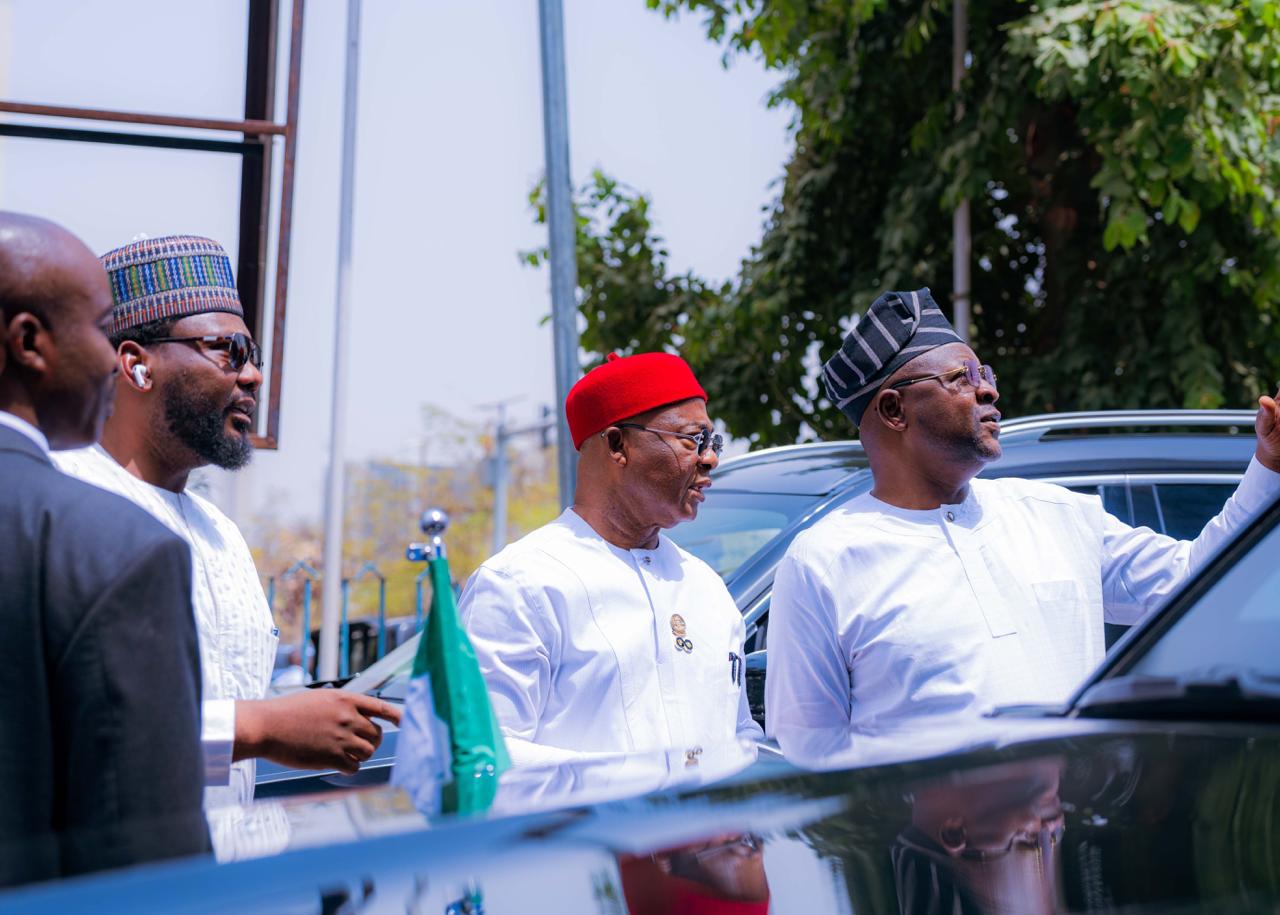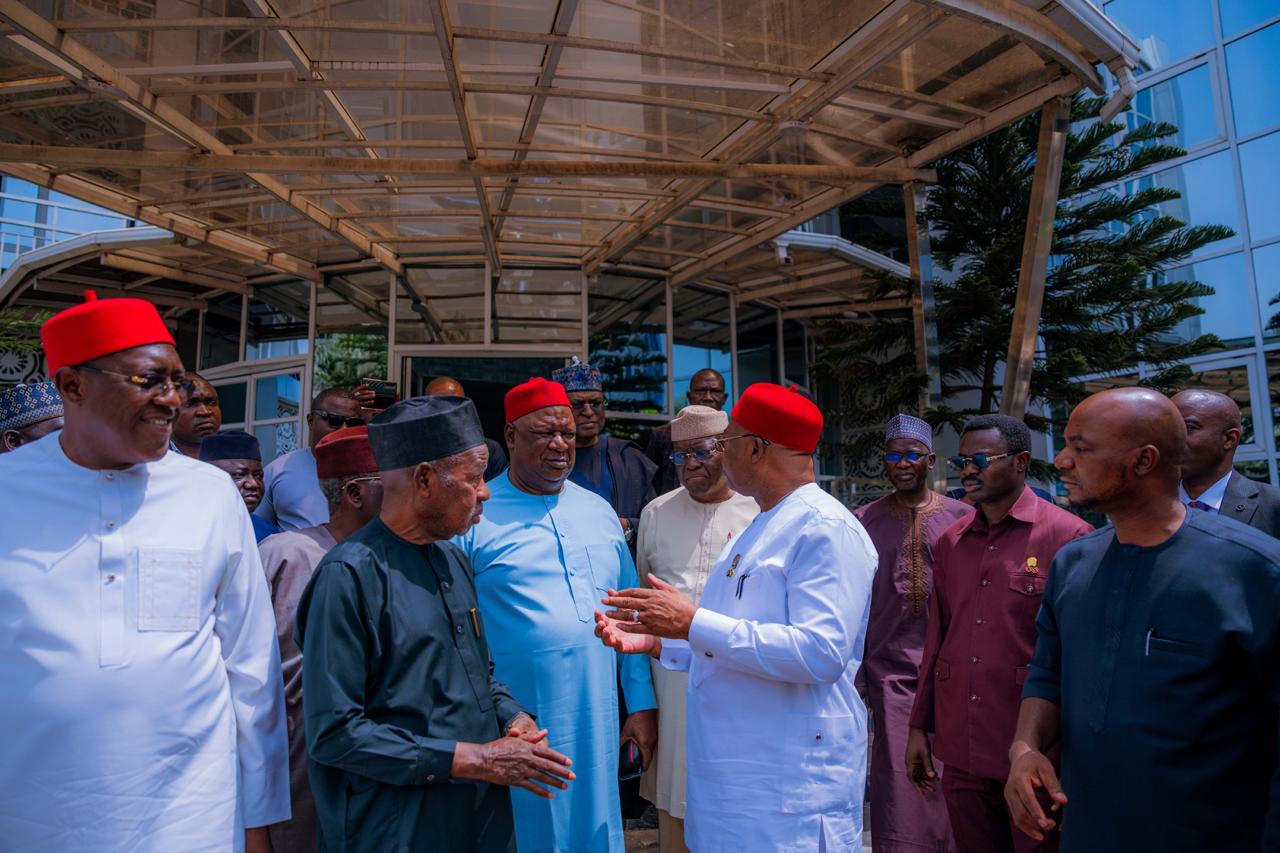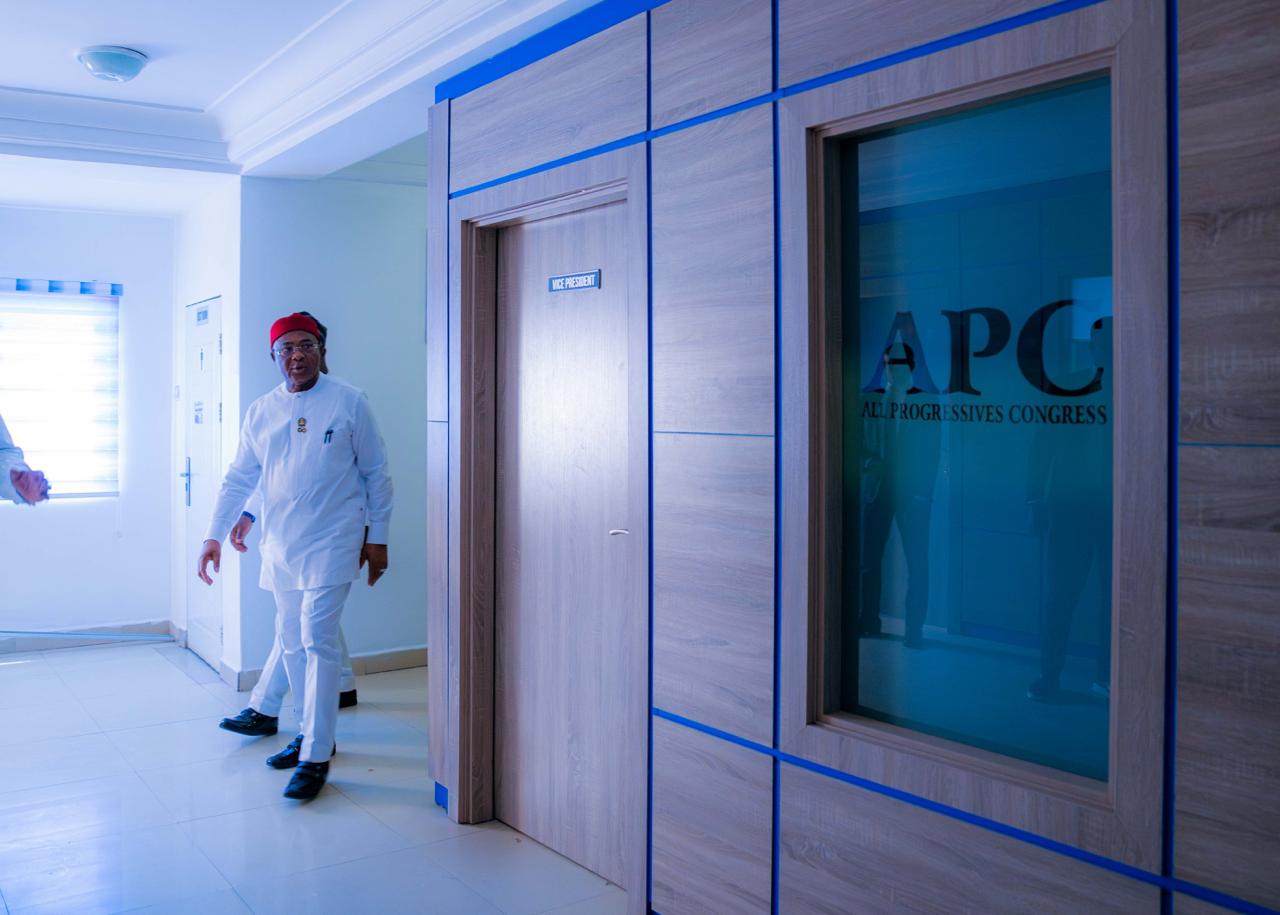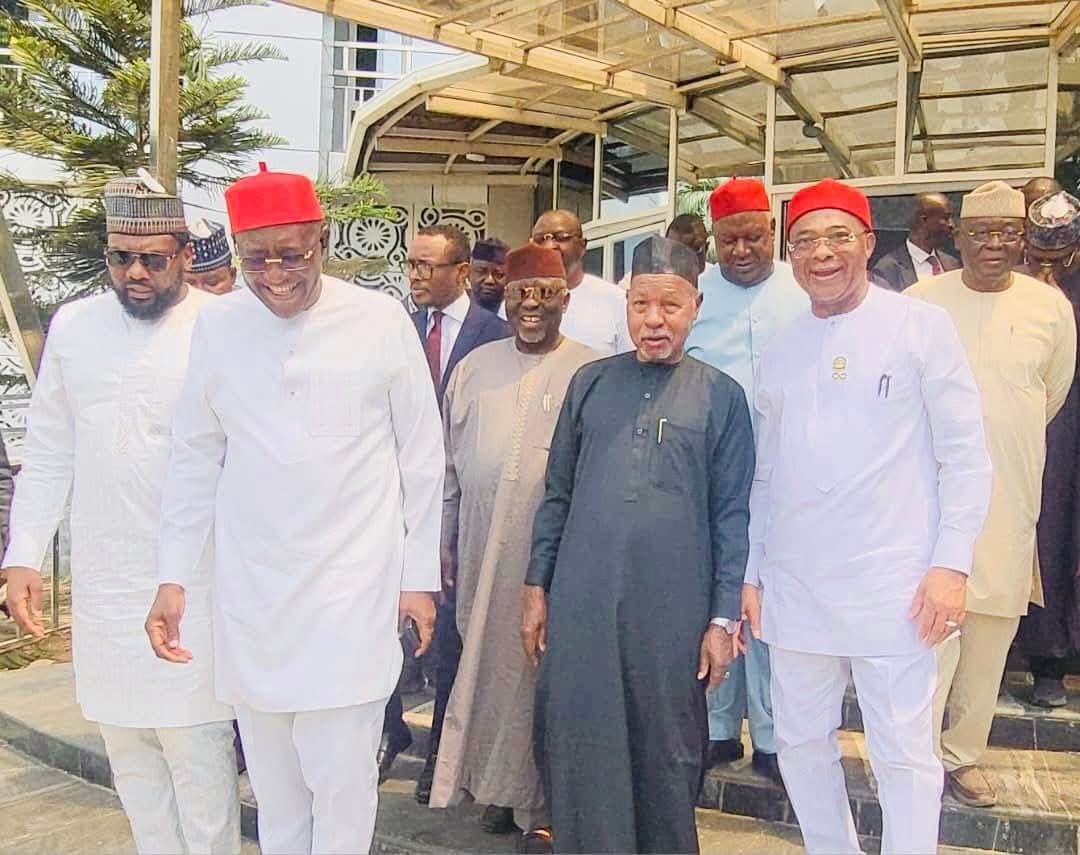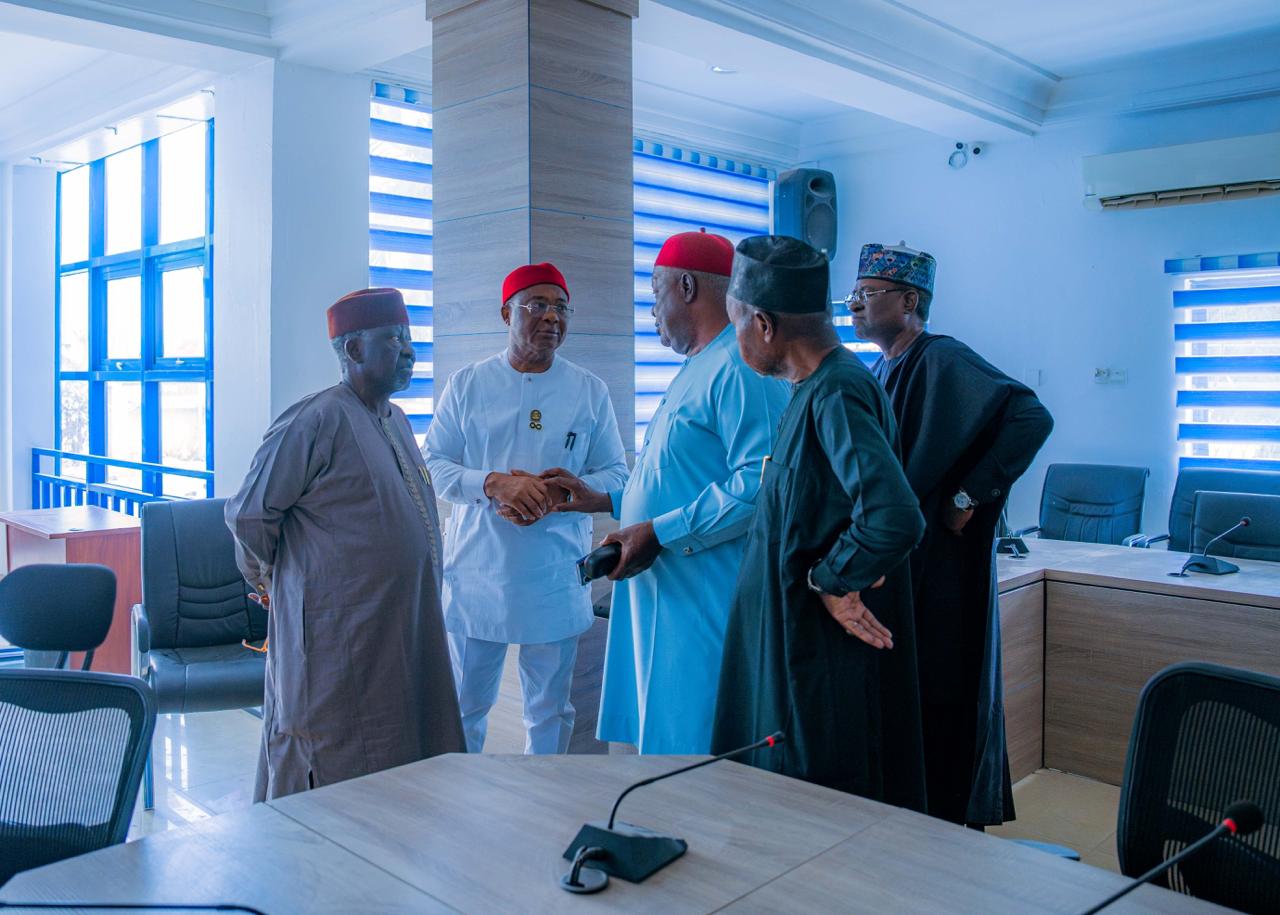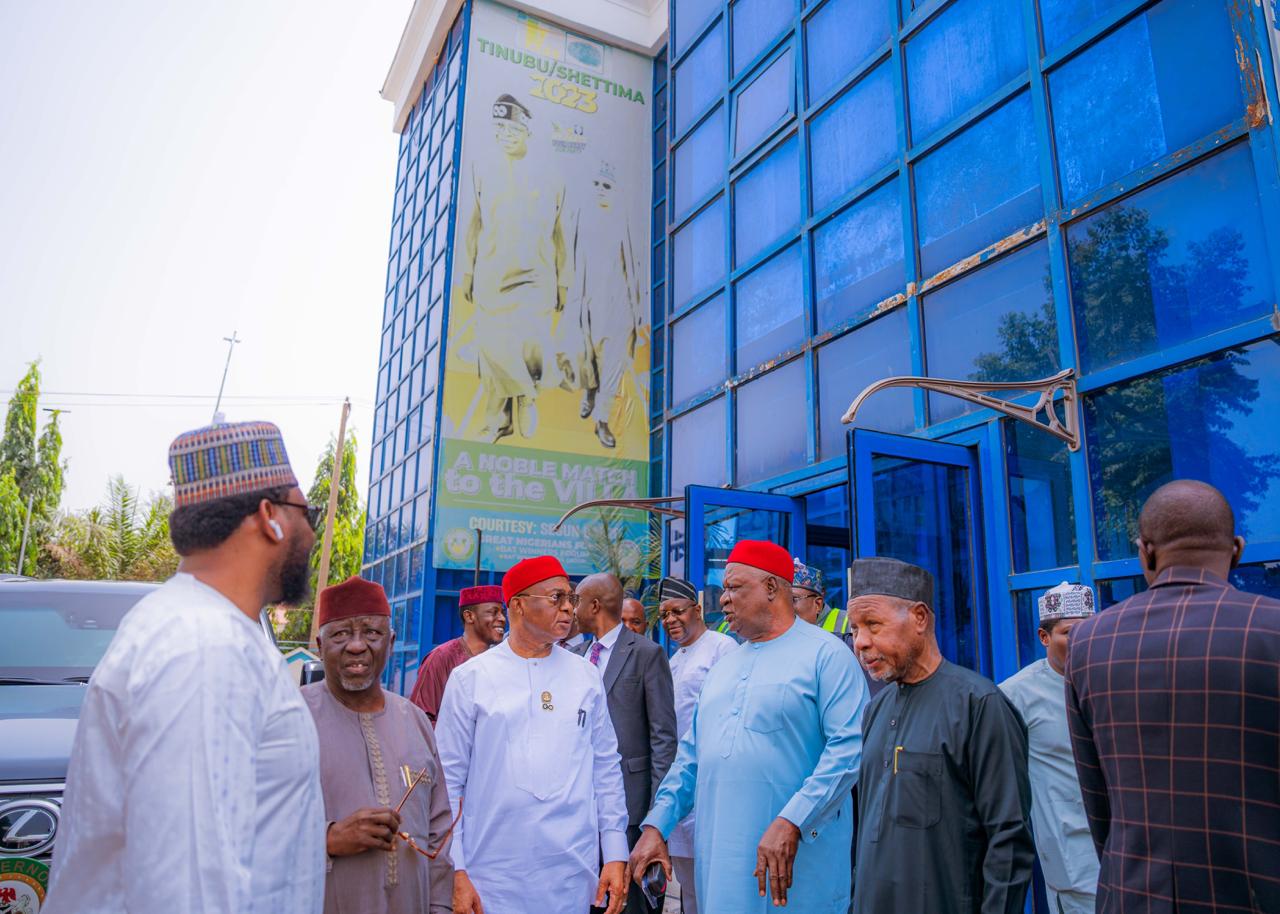Business
Confusion As Chinese firm targets Nigeria assets in eight countries
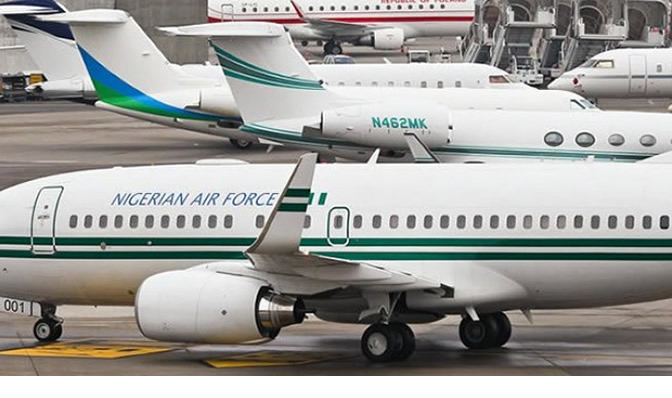
Confusion As Chinese firm targets Nigeria assets in eight countries
Reportedly, Zhongshan Fucheng Industrial Investment Co. Limited, the Chinese firm that got a court injunction to ground three presidential jets belonging to the Federal Government in Europe, has initiated plans to seize other Nigerian assets in the United Kingdom, United States of America and in six other countries.
It is also learnt that the company had instituted legal proceedings in about eight jurisdictions globally, regarding the dispute.
The other countries include Belgium, Canada, France, Singapore and the British Virgin Islands, documents relating to the case, which were obtained by our correspondent, were revealed on Thursday.
This comes as the Federal Government vowed to protect its foreign assets from “predators.”
There has been serious controversy following reports that the Chinese company got judgement to ground three presidential jets belonging to the Federal Government.
In 2001, China and Nigeria signed a bilateral investment treaty aimed at promoting commercial investment between the two countries.
In 2007, Ogun State reportedly entered into a joint venture agreement with a Chinese company and another company to create the Ogun Guangdong Free Trade Zone Company. The Nigeria Export Processing Zones Authority, a Federal Government entity that oversees free-trade zones in Nigeria, then delegated control and operation of the free-trade zone to the company.
In 2010, the Ogun Guangdong Free Trade Zone Company contracted with Zhongshan’s parent company to develop an industrial park in the free-trade zone. The goal was for Zhongshan’s parent company to develop the park and build factories in it for tenants to use.
In the first half of 2016, however, the agreement between both parties was terminated, leading to Zhongshan filing lawsuits in Nigerian federal and state courts seeking reinstatement of its contractual rights but the legal proceedings were discontinued in Spring 2018.
However, a French court, recently, authorised the seizure of three of Nigeria’s presidential jets, two of the jets – a Dassault Falcon 7X and a Boeing 737 – are part of Nigeria’s presidential air fleet that were recently put up for sale and the third, an Airbus 330 purchased by Nigeria, but not yet delivered.
Zhongshan had again dragged Ogun to court, where an independent arbitral tribunal, chaired by the former President of the UK Supreme Court, awarded the Chinese firm $74.5m compensation, which Ogun was yet to pay.
The court order prohibited Nigeria from moving or selling the presidential jets until the Chinese firm was paid the $74.5m by Ogun, its sub-national.
However, documents indicated that the Chinese company attempted to seize a jet being recovered by the country from Dan Etete as proceeds from fraudulent acts in Canada.
The Federal Government had tracked down and grounded the luxury private jet purchased by former petroleum minister, Etete, with some of the alleged proceeds of the notorious $1.3bn Malabu OPL245 oil deal.
The goal is clear – that Mr Etete will avoid the seizure of an asset he got with stolen Nigerian money, with Zhongshan’s connivance.”
According to the documents, Zhongshan was originally engaged as a developer and manager of Fucheng Industrial Park but was asked to manage the facility after the government terminated the joint venture with CAI because it didn’t meet the necessary requirements.
The document claimed that the Ogun government cancelled the contract after it received a Diplomatic Note 1601 from the Economic and Commercial Section of the PRC Consulate in Lagos, alleging that Guangdong illegally held shares in China Africa Investment Limited, a state asset and that entity (New South Group) was the company properly entitled to manage OGFTZ.
The document read, “In 2007, the Ogun State Government, in partnership with the Guangdong province in China conceived and set up the Ogun Guangdong Free Trade Zone, which sits on 2,000 hectares in Igbesa, Ogun State.
“Ogun State signed a Joint Venture Agreement directly with China Guangdong Xinguang China-Africa Investment Limited representing Guangdong Province in the joint venture. OGFTZ houses several enterprises as well as subdevelopments, including one Fucheng Industrial Park, measuring 224 hectares. In 2010, OGFTZ contracted Zhongshan to develop and manage Fucheng Industrial Park.
“However, in 2012, Ogun State terminated the joint venture with CAI because CAI had not met obligations under the 2007 JVA. Ogun State then appointed Zhongshan as an interim manager of the Zone, since it was already managing Fucheng Industrial Park. In June 2012, Zhongshan assumed management control of a 51 per cent stake in CAI and subsequently signed another JVA with Ogun State Government in September 2013.”
It further stated that the company had been making efforts to enforce the tribunal award.
“As of August 2024, there are court proceedings in about eight jurisdictions of the world regarding this dispute.
“These include USA, UK, Belgium, Canada, France, and the British Virgin Islands. Till date, Zhongshan has not realised a single penny from the Award, and all signs indicate that Zhongshan is unlikely to do so anytime soon.”
It added that the company was still tracking the location of Nigerian assets abroad.
Meanwhile, a court document has revealed that the Chinese company was demanding compensation of $130.6m due to a breach of contract by reneging on terms between both parties to create the Ogun Guangdong Free Trade Zone.
The document obtained by our correspondent on Thursday, however, listed the Federal Government as the defendant because the direct agreement was between Nigeria and China and not with the company based on international treaty conditions.
The case filed at the United States District Court for the District of Columbia (No. 1:22-cv-00170) was argued April 22, 2024 and decided August 9, 2024 by Circuit Judges Millett, Katsas and Childs.
In presenting its argument, the company stated that Nigeria violated the Investment Treaty with China in five ways “by failing to provide Zhongshan with fair and equitable treatment, engaging in unreasonable discrimination, neglecting to protect Zhongshan, breaching the contract, and wrongfully expropriating investments without compensation.”
Giving details of the deal, the company said it invested millions of dollars and significant resources to develop and build infrastructure in the industrial park, including roads, utilities and opened services such as a hospital, hotel, supermarket, and bank.
By 2016, businesses had moved into the zone and Nigeria had collected approximately N160m in tax revenue from the free-trade zone.
It read, “In the first half of 2016, however, Ogun State terminated its agreements with Zhongshan. Ogun claimed that a different Chinese company was legally entitled to Zhongshan’s share of the free-trade zone and that Zhongshan had defrauded Ogun.
“Things continued to deteriorate. One Ogun official texted a Zhongshan executive, urging him ‘as a friend’ to ‘leave peacefully when there is opportunity to do so, and avoid forceful removal, complications and possible prosecution.’ The next month, Ogun issued an arrest warrant for two executives, alleging a ‘criminal breach of trust.’
“Nigerian federal police arrested one Zhongshan executive at gunpoint and held him for ten days. During that time, the police denied the executive food and water, beat him, intimidated him, and questioned him about the whereabouts of the other executive.
“Based on these findings, the arbitral tribunal found that Nigeria had breached its obligations under the Investment Treaty and that Zhongshan was entitled to $55.6m in compensation from Nigeria and $75,000 in moral damages, along with interest and legal and arbitral fees.”
Reacting, the Attorney General of the Federation and Minister of Justice, Lateef Fagbemi (SAN), said his office and that of the National Security Adviser have commenced legal and diplomatic moves to recover the three presidential aircraft seized by the Chinese firm.
Business
Aig-Imoukhuede Foundation opens applications for 6th Cohort Programme
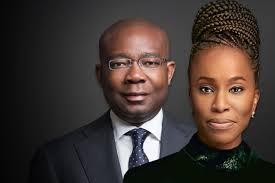
Aig-Imoukhuede Foundation opens applications for 6th Cohort Programme
The Aig-Imoukhuede Foundation is pleased to announce that applications are now open for the sixth cohort of its transformative AIG Public Leaders Programme (AIG PLP).
This flagship six-month executive education initiative, delivered by the University of Oxford’s Blavatnik School of Government, is designed to empower high-potential public sector leaders across Africa with the tools, networks, and strategic insight required to deliver meaningful reform across African public institutions.
Applications are now open to qualified public servants from all English-speaking African countries and will close on Sunday, April 12, 2026. The programme commences in October 2026.
Since its inception in 2021, the AIG PLP has built a formidable reputation for creating tangible impact.
Alumni from the programme have gone on to design and implement more than 230 reform projects within their ministries, departments, and agencies across Africa.
An impact survey revealed that 62% of alumni have earned promotions or assumed expanded leadership roles post-training, demonstrating the programme’s direct effect on career advancement and institutional influence.
“Across Africa, the complexity of public sector challenges demands more than good intentions. It requires reformers who understand systems, can navigate institutional realities, and are equipped to implement sustainable change.
The AIG PLP is designed to meet this need,” said Ofovwe Aig-Imoukhuede, Executive Vice-Chair of the Aig-Imoukhuede Foundation.
As part of the programme, a PLP alumna, Titilola Vivour-Adeniyi, Executive Secretary of Lagos State DSVA, launched a secure self-reporting tool that allows survivors of domestic and sexual abuse safely document incidents and preserve evidence.
Survivors are already accessing support, and the tool ensures that crucial proof is protected until justice can be sought. This is one of over 230 impactful reform projects being implemented across sectors as diverse as healthcare, finance, agriculture, and education.
We are seeing proof every day that investing in the capacity and leadership potential of people, delivers the kind of transformation that policy alone cannot achieve.”
The AIG PLP is a blended learning experience that combines online sessions with an intensive residential module.
It is offered at no cost to selected participants, with the Foundation covering all costs of the programme including accommodation and feeding during the residential weeks.
Participants gain direct access to world-class faculty from the University of Oxford, and learn to tackle core public sector challenges such as: Negotiating in the public interest. Harnessing digital technology for governance.
Strengthening public organisations.
Upholding integrity in public life.
The curriculum culminates in a capstone reform project, where participants apply their new skills to a real-world challenge within their institution.
This practical component ensures that learning translates directly into actionable solutions.
Interested candidates are encouraged to apply early. For more details on the application process and to apply, please visit the Aig-Imoukhuede Foundation website.
Business
Renewed Hope Ambassadors Inspect RHA Secretariat
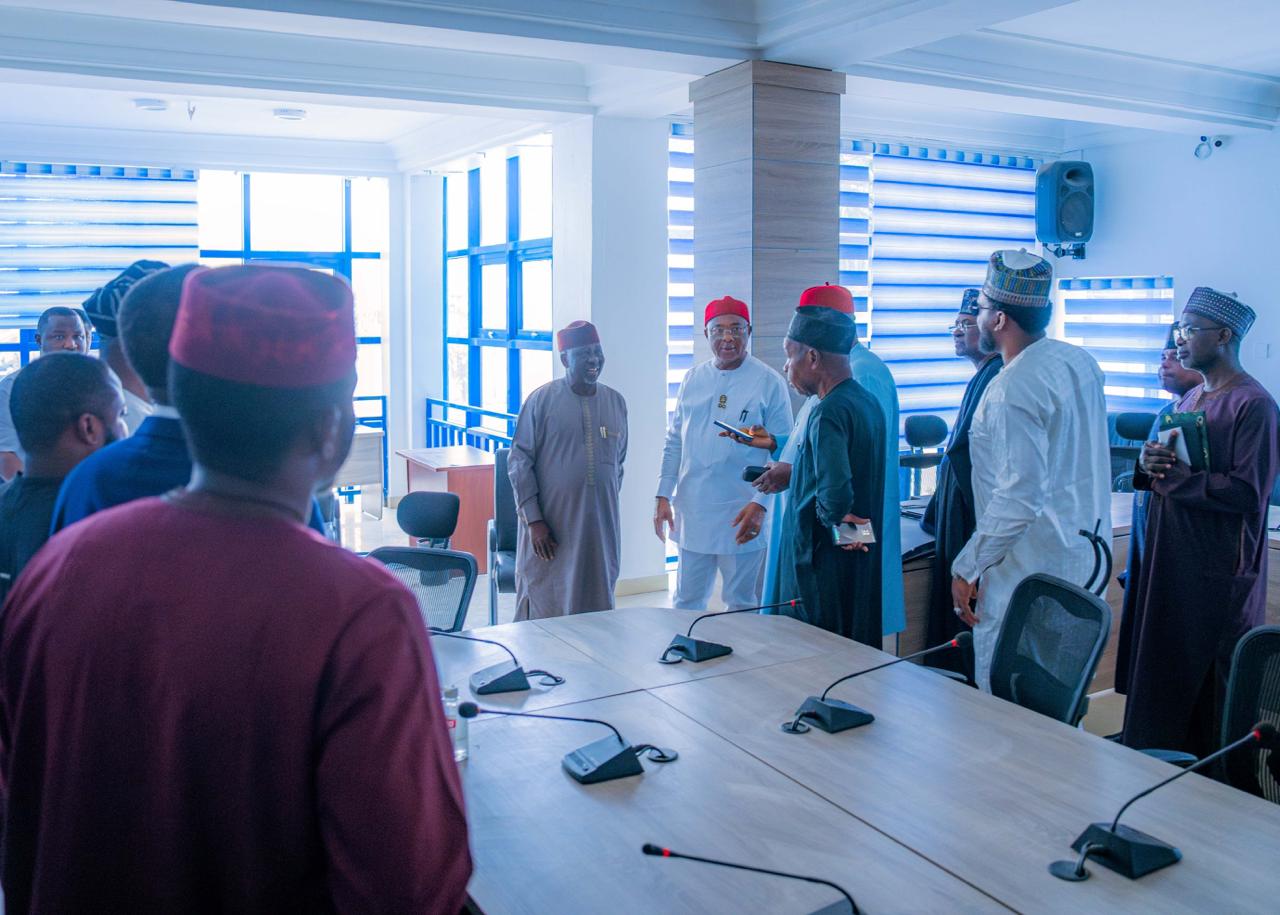
Renewed Hope Ambassadors Inspect RHA Secretariat
Renewed Hope Ambassadors, led by its Director-General and the Governor of Imo State, Hope Uzodinma, alongside Zonal Coordinators (NW, NC, SE), the Media & Publicity Directorate, and other key stakeholders, inspected the RHA Secretariat two days after President Bola Tinubu unveiled the Renewed Hope Ambassadors grassroots engagement drive in Abuja.
Business
Harmony Gardens’ Ibeju-Lekki Portfolio Crosses $1bn

Harmony Gardens’ Ibeju-Lekki Portfolio Crosses $1bn
Harmony Garden & Estate Development Limited has expanded its development activities across Ibeju-Lekki, pushing the projected long-term value of its estate portfolio beyond $1 billion.
Led by Chief Executive Officer Hon. Dr. Audullahi Saheed Mosadoluwa, popularly know Saheed Ibile, the company is developing seven estates within the Lekki–Ibeju corridor. Details available on Harmony Garden & Estate Development show a portfolio spanning land assets and ongoing residential construction across key growth locations.
A major component is Lekki Aviation Town, where urban living meets neighborhood charm, located near the proposed Lekki International Airport and valued internally at over $250 million. The development forms part of the company’s broader phased expansion strategy within the axis.
Other estates in the corridor tagged as the “Citadel of Joy” (Ogba-idunnu) include Granville Estate, Majestic Bay Estate, The Parliament Phase I & II, and Harmony Casa Phase I & II.
With multiple projects active, the rollout of the Ibile Traditional Mortgage System, and structured expansion underway, Harmony Garden & Estate Development Ltd continues to deepen its presence within the fast-growing Ibeju-Lekki real estate market.
-

 celebrity radar - gossips7 months ago
celebrity radar - gossips7 months agoWhy Babangida’s Hilltop Home Became Nigeria’s Political “Mecca”
-

 society5 months ago
society5 months agoReligion: Africa’s Oldest Weapon of Enslavement and the Forgotten Truth
-

 society7 months ago
society7 months agoPower is a Loan, Not a Possession: The Sacred Duty of Planting People
-

 news7 months ago
news7 months agoTHE APPOINTMENT OF WASIU AYINDE BY THE FEDERAL GOVERNMENT AS AN AMBASSADOR SOUNDS EMBARRASSING


